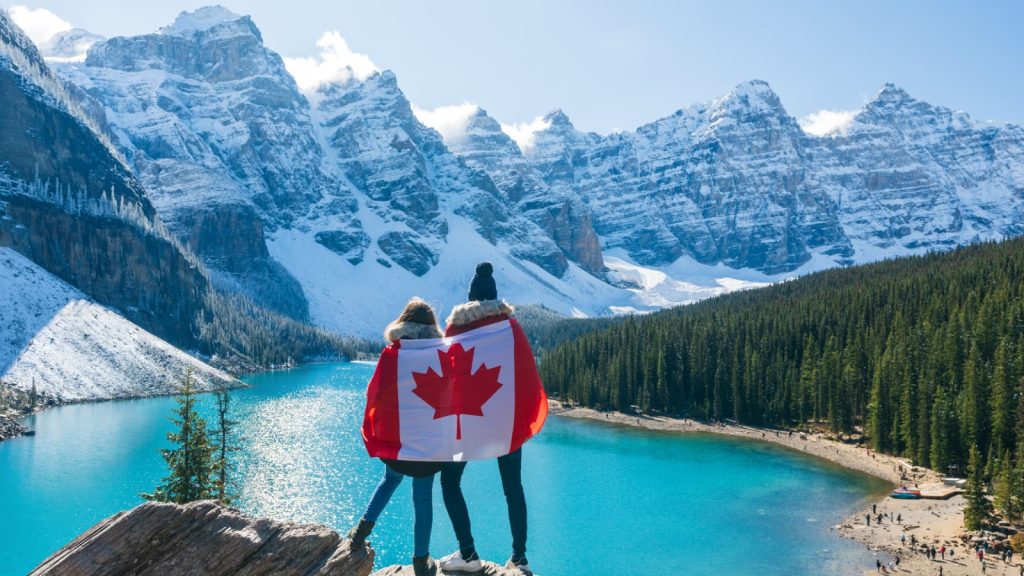When we imagine countries, it’s easy to think of crowded cities and busy streets, but some places are incredibly sparse. These countries have vast landscapes where people are few and far between, resulting in remarkably low population densities. Whether it’s because of harsh deserts, dense jungles, or sheer landmass, these nations offer an escape from the hustle of densely populated areas. Here’s a look at the 15 least densely populated countries in the world.
1. Mongolia
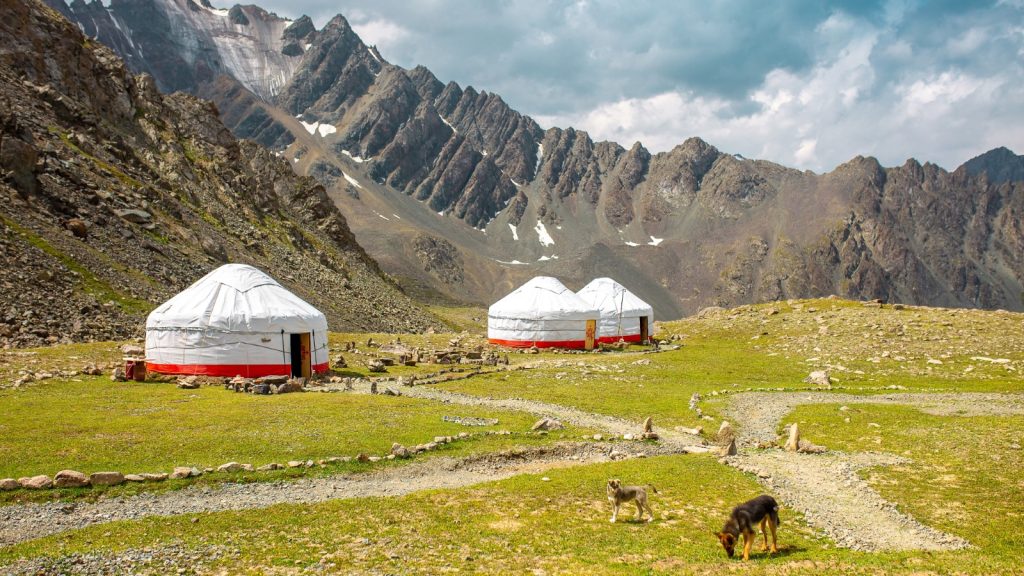
Mongolia ranks as the least densely populated country on Earth, with just 2 people per square kilometer. This vast, landlocked nation is known for its sweeping steppes, the Gobi Desert, and a rich nomadic culture. Despite being roughly the size of Western Europe, Mongolia’s population is only about 3 million, with many living in the capital, Ulaanbaatar. The harsh climate and remote terrain contribute to its low density.
2. Namibia
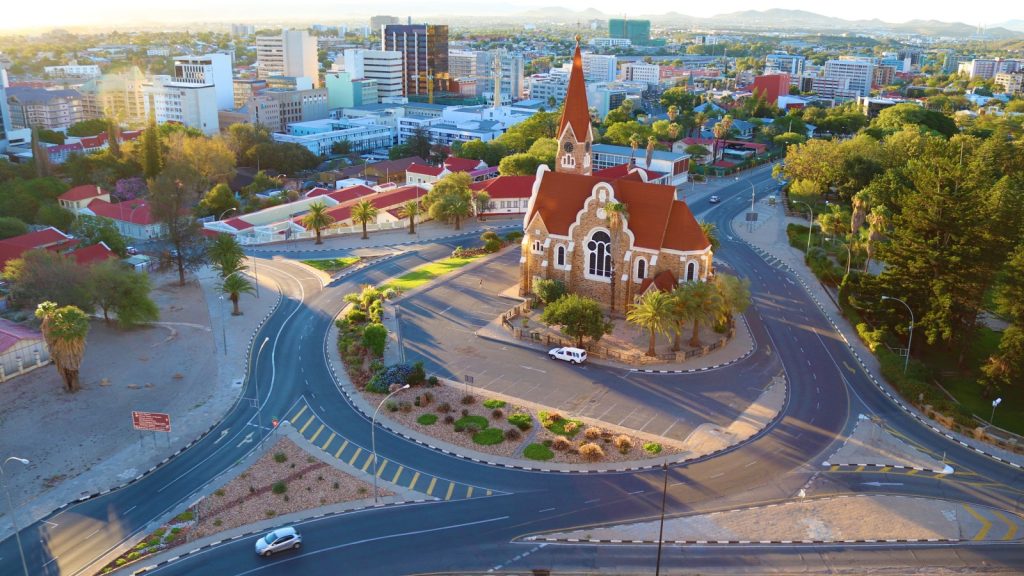
Namibia, in southwest Africa, has about 3 people per square kilometer. This is largely due to the Namib Desert, which stretches along its coastline, and the Kalahari Desert to the east. The country’s incredible landscapes, including the Skeleton Coast and Etosha National Park, are sparsely inhabited, offering pristine wildlife habitats and natural beauty.
3. Australia
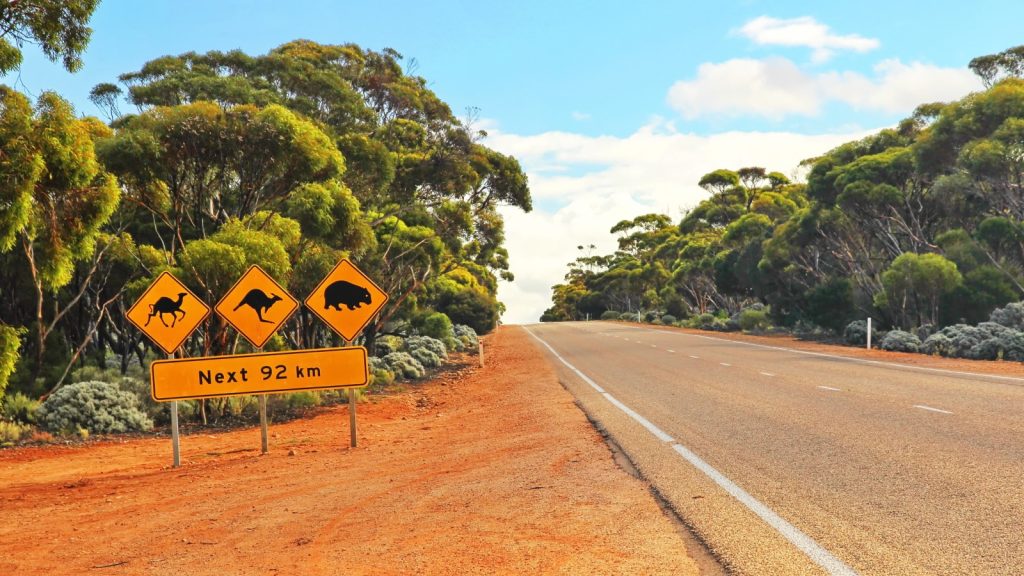
Australia, the world’s smallest continent, has just 3 people per square kilometer. While most Australians live in cities along the coasts, the vast Outback remains largely uninhabited. The central regions of the country are dominated by desert and semi-arid landscapes, which are not suitable for large populations.
4. Iceland
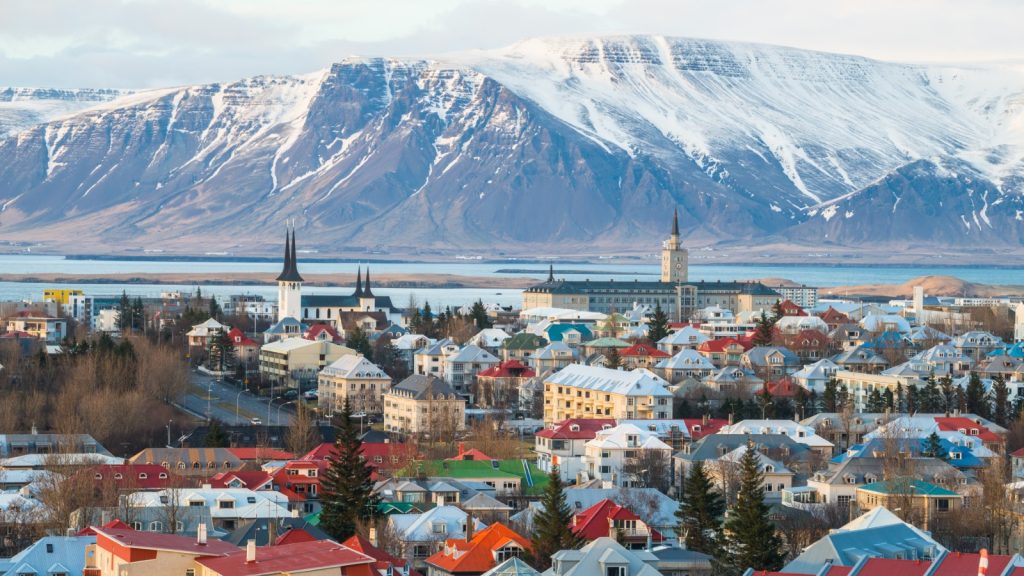
Iceland, an island nation in the North Atlantic, has a population density of about 3 people per square kilometer. Most of its population is concentrated in the capital, Reykjavik, while the rest of the island features rugged volcanic landscapes, glaciers, and fjords that are largely uninhabitable.
5. Suriname
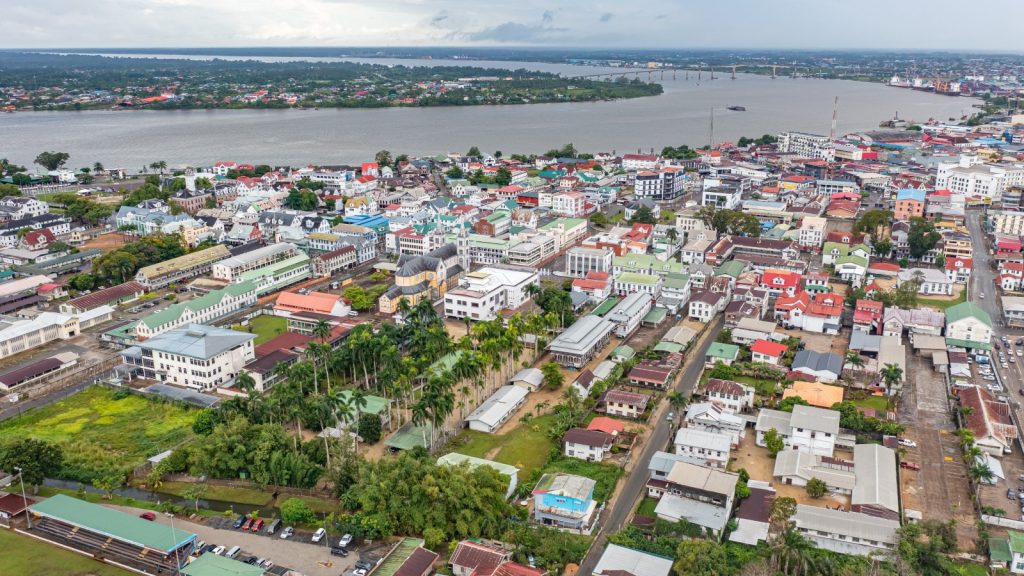
Suriname, located on the northeastern coast of South America, has a density of about 4 people per square kilometer. The country’s thick rainforests and rivers make most of its interior difficult to inhabit, with most of the population concentrated in the capital, Paramaribo, and along the coast.
6. Botswana
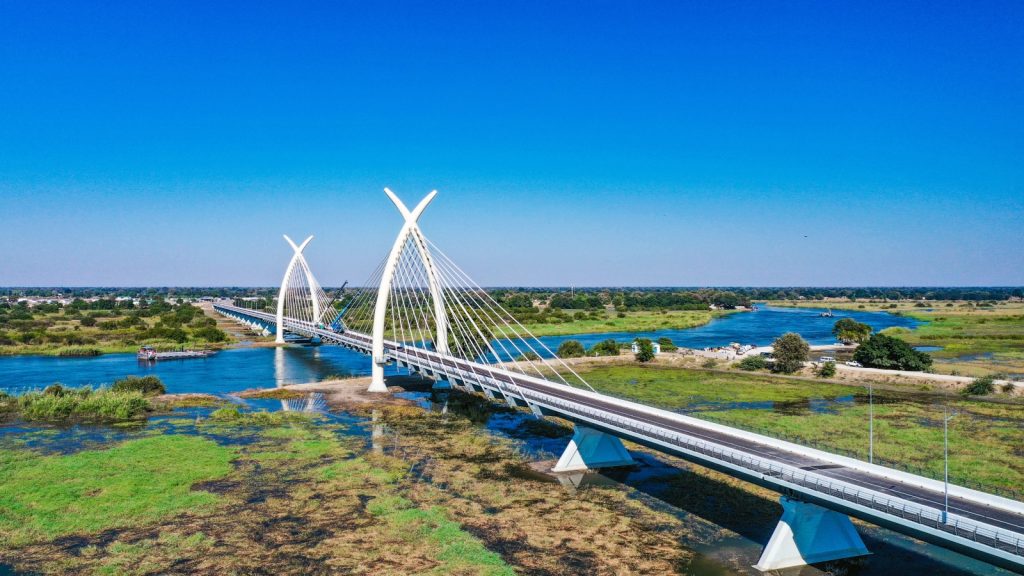
Botswana has about 4 people per square kilometer, with much of the country’s land dominated by the Kalahari Desert. While the eastern regions near the capital, Gaborone, are more populated, the west remains sparsely inhabited. Botswana is known for its wildlife and the stunning Okavango Delta.
7. Mauritania
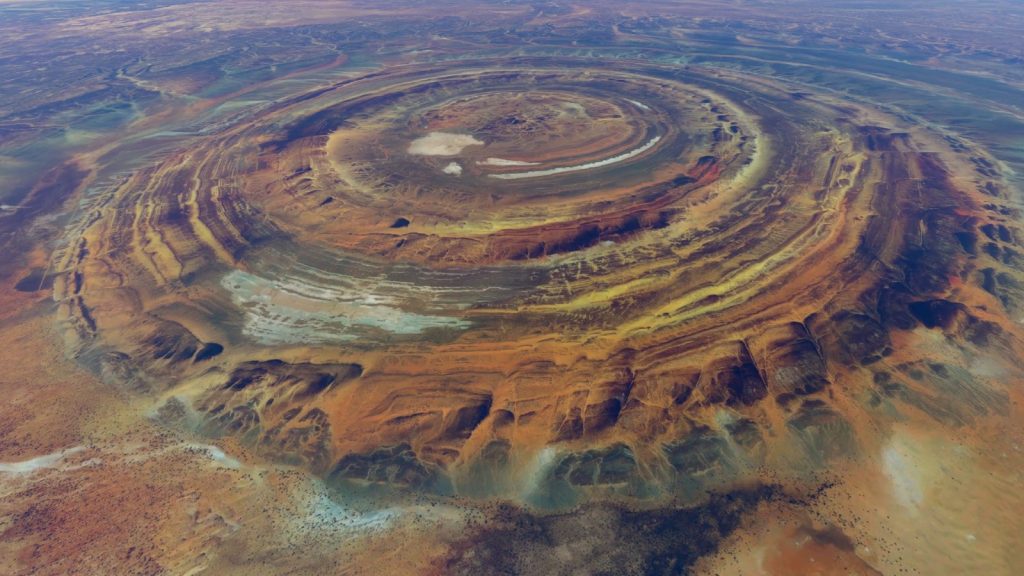
Mauritania has around 4 people per square kilometer. The Sahara Desert covers much of this West African nation, limiting the areas where people can live. Most of the population is concentrated in cities along the Atlantic coast, where conditions are slightly more favourable.
8. Canada
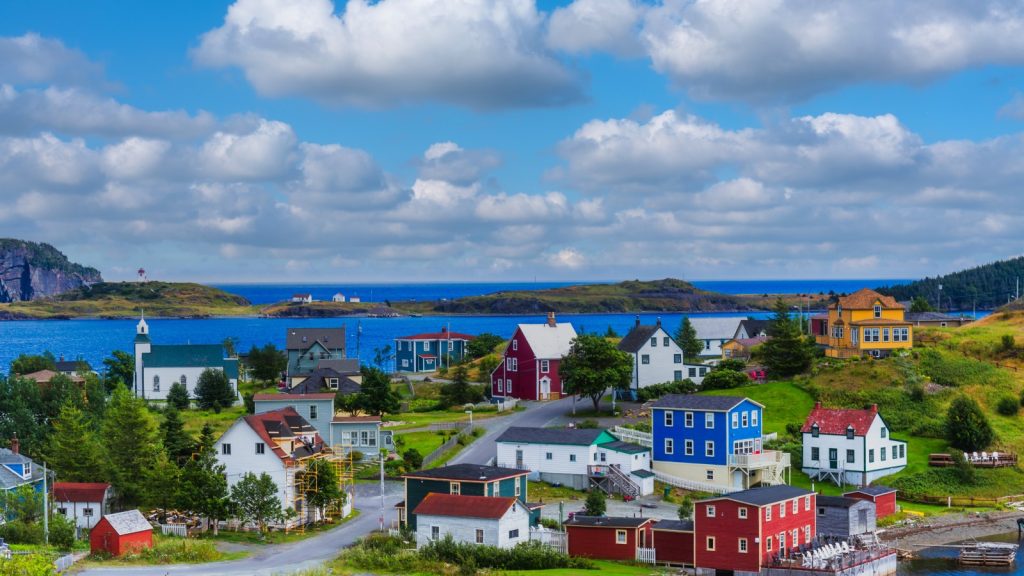
Canada, the second-largest country in the world by area, has a population density of about 4 people per square kilometer. Most Canadians live near the southern border with the United States, leaving the northern regions, particularly the Arctic territories, nearly empty. The vast wilderness is home to dense forests, lakes, and tundra.
9. Libya
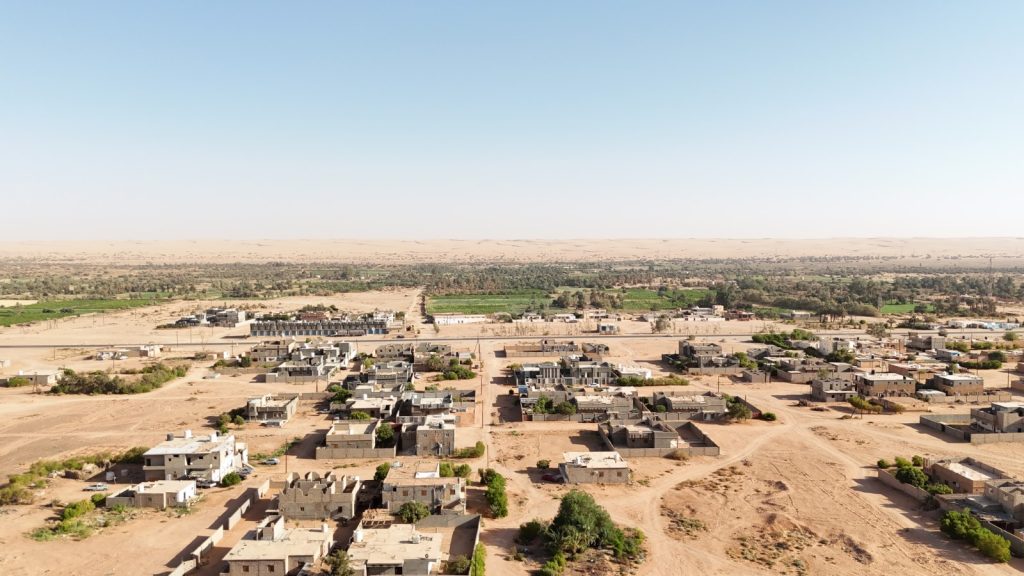
Libya has a population density of about 4 people per square kilometer. The country’s interior is dominated by the Sahara Desert, making it one of the hottest and driest regions on the planet. Most of Libya’s population lives along the Mediterranean coast, where conditions are more hospitable.
10. Guyana
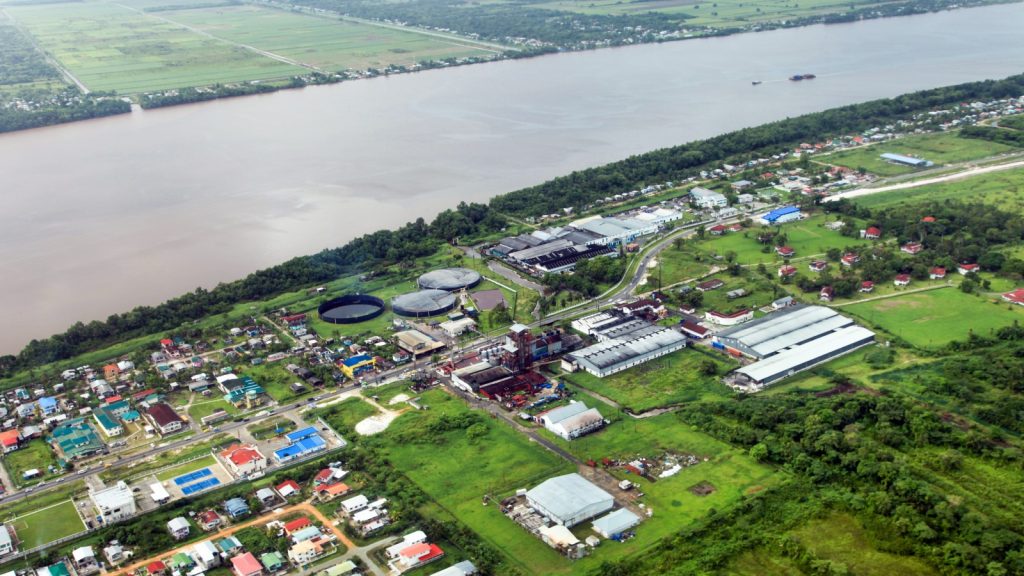
Guyana, located in northern South America, has a population density of around 4 people per square kilometer. The country is largely covered by dense tropical forests, with most of its population living in the coastal regions. The interior is sparsely populated, with some indigenous communities and small mining towns.
11. Kazakhstan
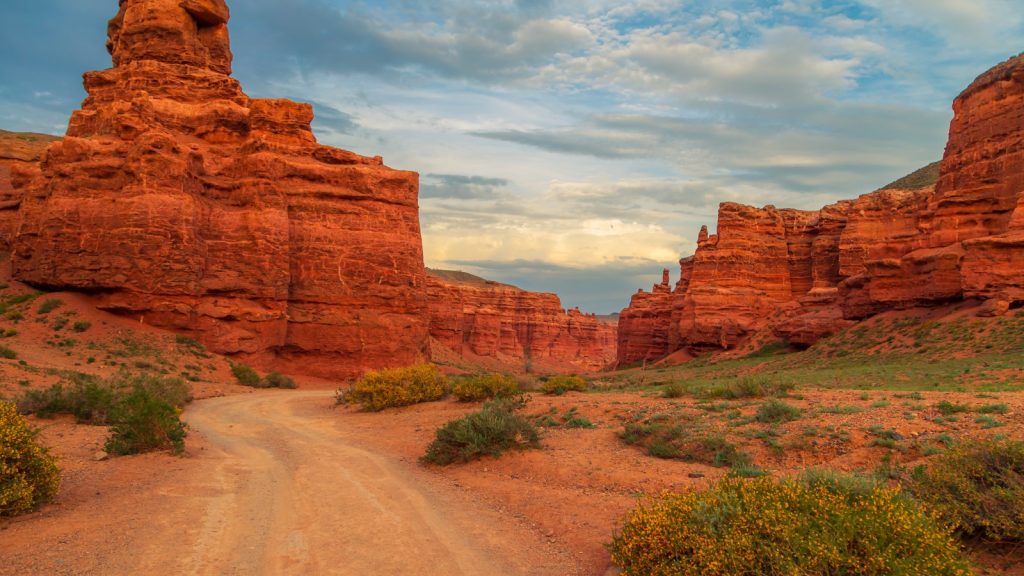
Kazakhstan, the largest landlocked country in the world, has a population density of about 7 people per square kilometer. The vast steppes, deserts, and mountains that cover much of the country are sparsely populated, with most people living in cities like Almaty and Nur-Sultan, in the southern regions.
12. Central African Republic
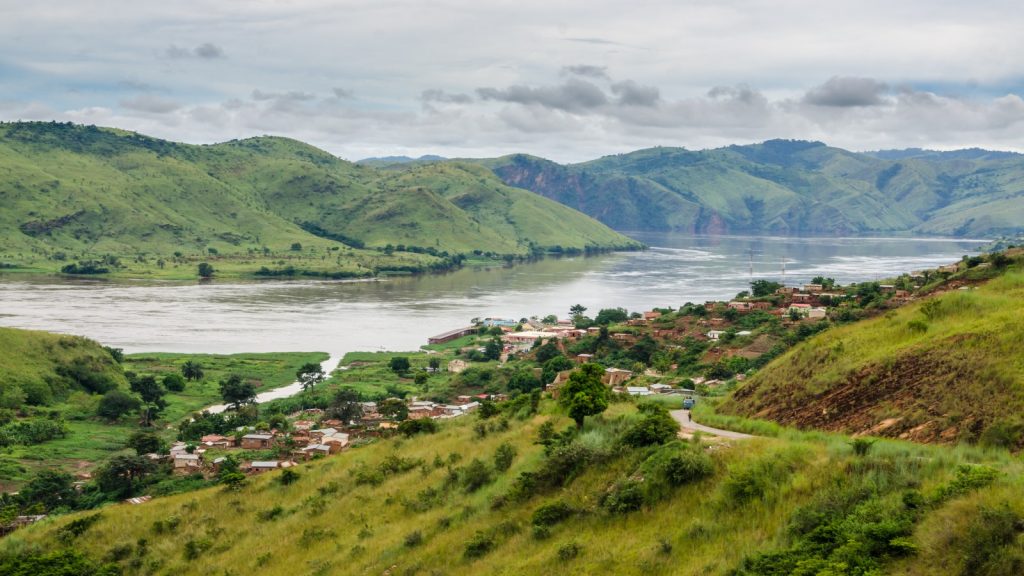
The Central African Republic (CAR) has a population density of about 8 people per square kilometer. Despite its central location in Africa, much of the country is covered by dense rainforests, and ongoing political instability limits population growth. Most inhabitants live in the western regions.
13. Gabon

Gabon, on the west coast of Africa, has a population density of around 8 people per square kilometer. Its dense rainforests, which are home to a rich diversity of wildlife, cover much of the country. The majority of the population lives in urban areas like Libreville and Port-Gentil.
14. Argentina
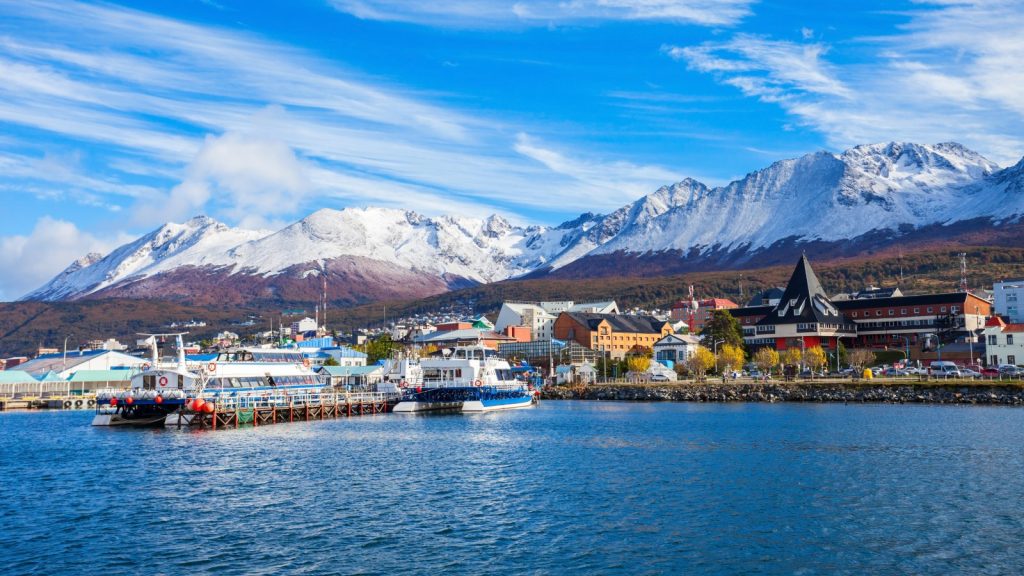
Argentina, the second-largest country in South America, has a population density of about 16 people per square kilometer. Much of the country’s interior, especially Patagonia and the Andes, is sparsely populated due to the harsh climate and rugged landscapes. Most Argentinians live in the northern and central regions.
15. Russia
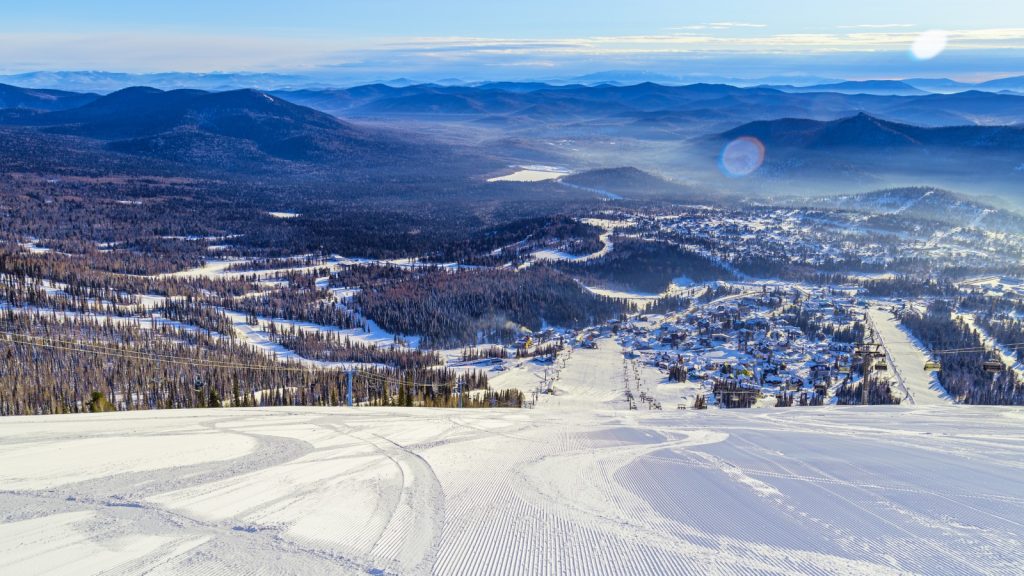
Russia, the largest country in the world, has a population density of about 9 people per square kilometer. Most of its population is concentrated in the western part of the country, near Europe, while the vast stretches of Siberia to the east remain largely uninhabited due to the extreme cold.
21 Things Pilots Are Forbidden to Do During Flights

Have you ever wondered what rules pilots must follow while they’re in the cockpit? Being a pilot is a job that comes with a lot of responsibility and a strict set of rules to ensure the safety of everyone on board.
These rules ensure that pilots maintain the highest standards of safety and professionalism while flying. By adhering to these guidelines, they help ensure that every flight reaches its destination safely.
Read More: 21 Things Pilots Are Forbidden to Do During Flights
Ellen has been obsessed with logic puzzles, jigsaws, and cryptograms since she was a kid. After learning she was taught how to play chess wrong by a family friend (so they could win), she joined her school chess club and the rest is history.
